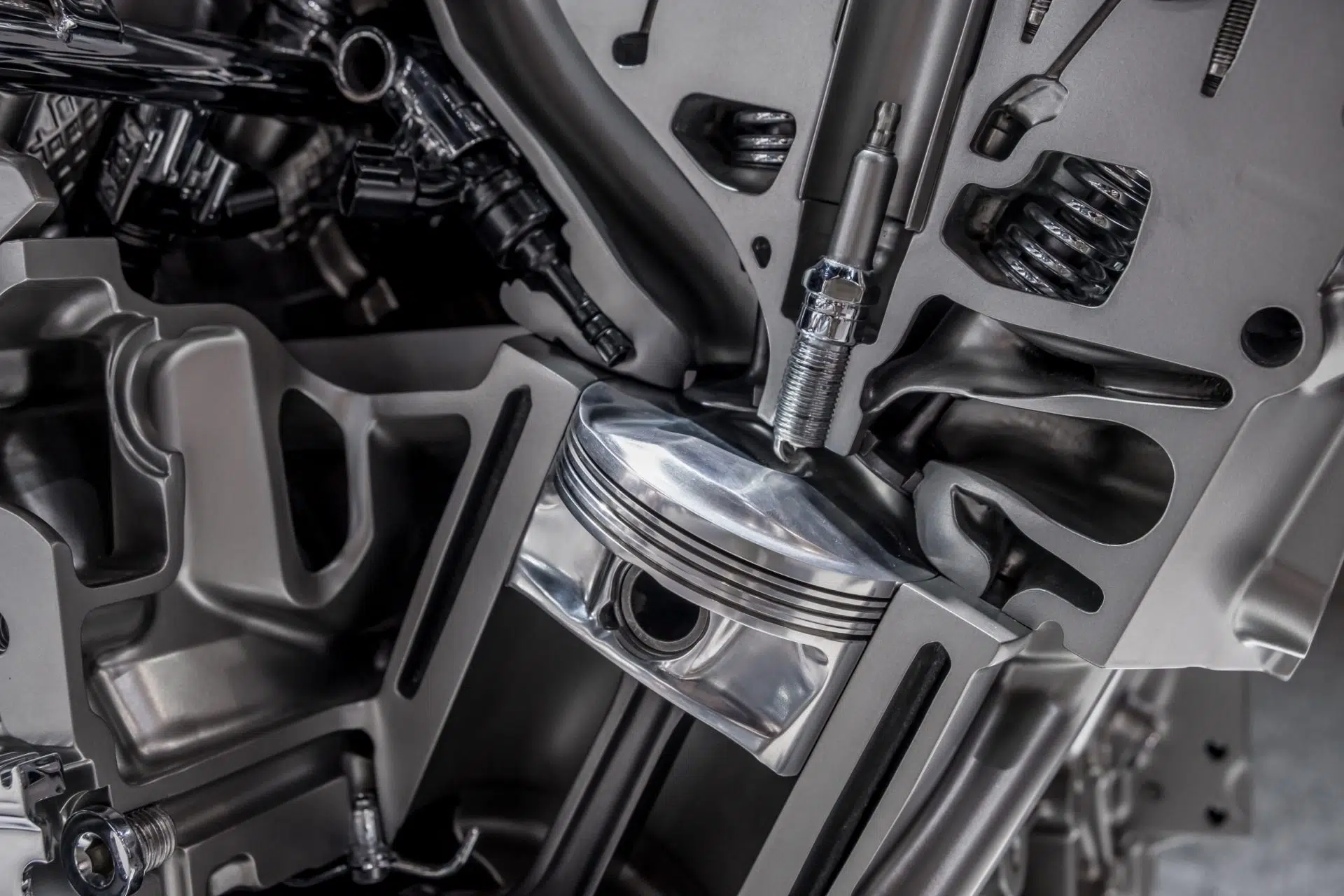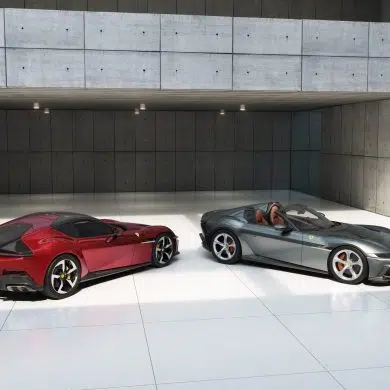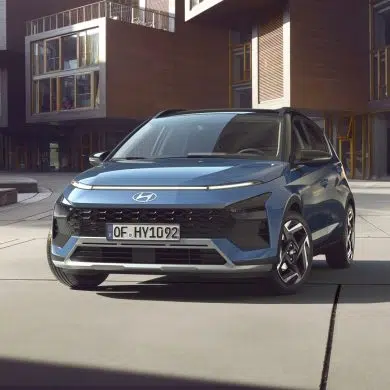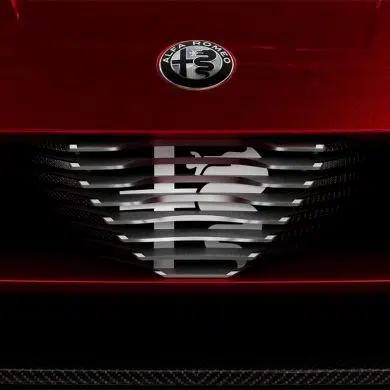Vehicles with internal combustion engines (ICE) falling under within the scope of the Euro 7 emission standards will make up only 10% of cars on EU roads in 2035. Despite minimal environmental benefits, the Euro 7 proposal risks putting unnecessary financial pressure on consumers and diverting investment away from zero-emission technologies.
The emission rules apply to the sale of new internal combustion cars in the EU once Euro 7 is implemented - due to be introduced around 2026/27.
As a result, cars within the scope of Euro 7 will make up only 10% of cars on EU roads in 2035. A recent study estimates that this will result in a maximum 4% reduction in nitrogen oxide (NOx) emissions.
Despite the minimal environmental benefits, the Euro 7 standards will have a significant impact on consumers and on manufacturers' investment in zero-emission technologies.
For example, according to some manufacturers' estimates, the average consumer price of a new car could rise by €2,000, putting additional financial pressure on European consumers already struggling with high energy costs and inflationary pressures.







